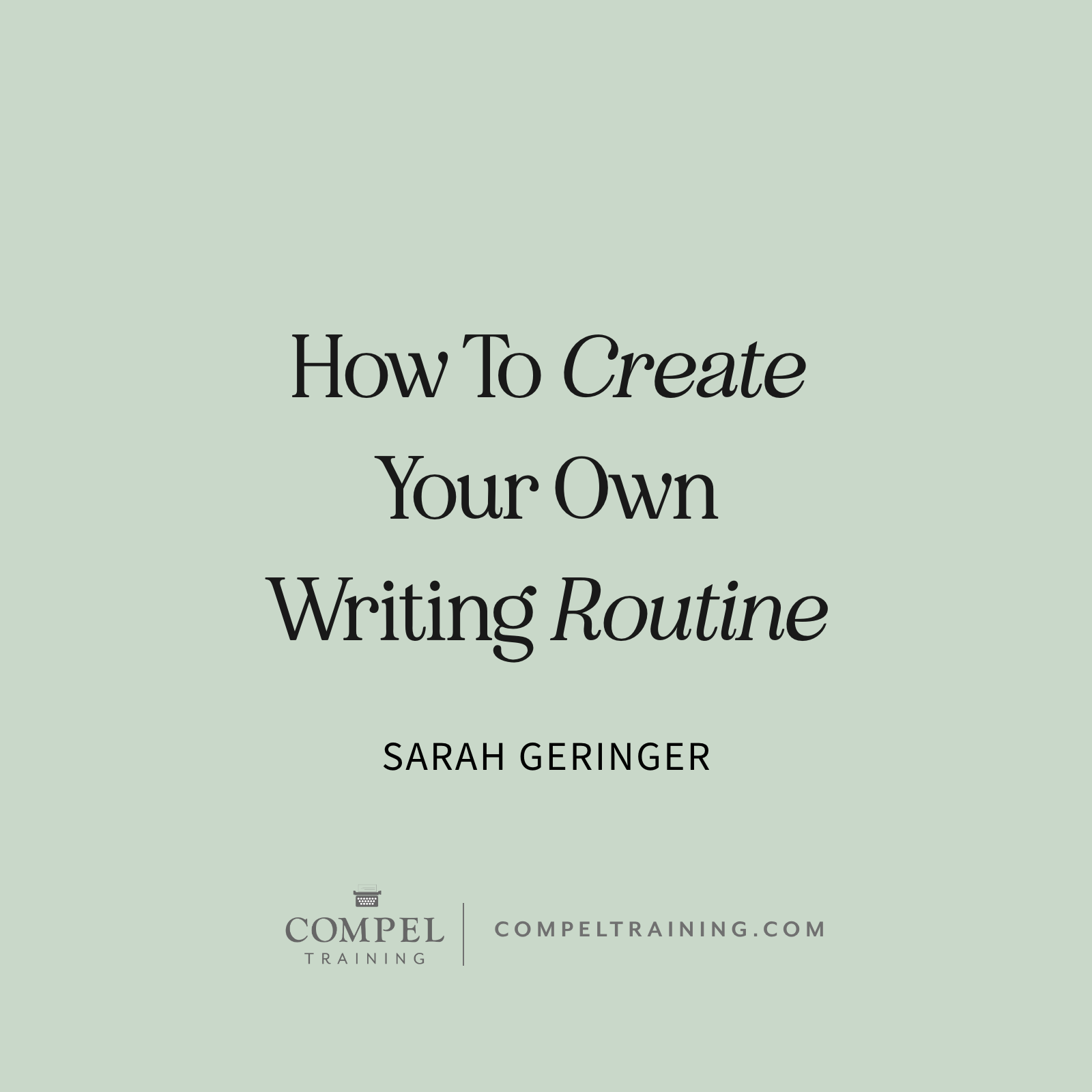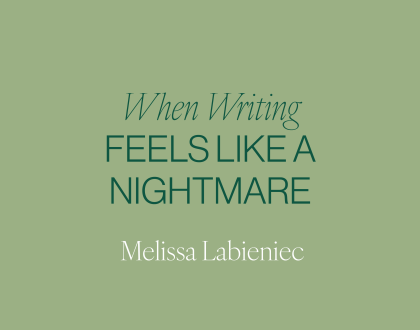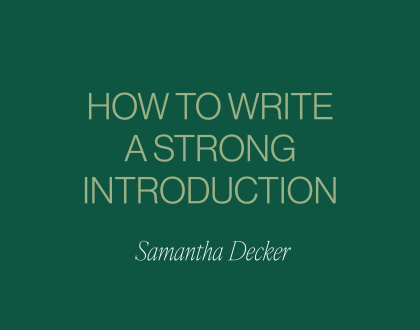How To Create Your Own Writing Routine

Are you struggling to create a writing routine that works for you? It’s a common struggle for writers. When we are intentional, we can leverage a routine for our benefit.
My Writing Routine:
By 2015, my dreams to be a writer had been on the back burner for way too long. But I was working outside the home and juggling all the responsibilities as a wife and mom of three. However, I didn’t want to wait any longer to pursue my dreams.
I learned that John Grisham wrote his first books during his commutes when he was an attorney working 70 hours per week. I was working half that many hours. Surely, I could carve out time to write too!
The best time for me was early in the morning, before anyone else was up. I set my alarm for 4 a.m. and wrote for two hours before my day began. A couple weekends per month, I sent our children to visit their grandparents and wrote in marathon style.
That season yielded many blog posts and three self-published books. Once I quit my job to be a full-time writer, I had established a pattern that worked well.
Creating Your Own Writing Routine:
To create a writing routine that works for you, answer the following questions:
- When do you feel most alert and energetic? I’m a morning person, so mornings are best for alpha tasks like writing and creating social media posts. Evenings are better for cooking, cleaning and family time. Construct your writing routine so your alpha energy is devoted to writing and your beta energy is reserved for less brain-intensive activity.
- What schedule is best for your family? It’s important to make your family a higher priority than writing. That’s why I wrote while my children were sleeping or being cared for by grandparents. I also finished writing before my husband came home from work. You can write while your children are napping or in school. Write while your husband spends time with friends. By doing this, you will be fully present with them while accomplishing writing goals.
- What accountability system works for you? Whether you use a paper or digital planner, scheduling writing appointments is a must. Make them as essential as medical appointments.
Elements of a Writing Routine:
A writing routine isn’t only about writing. You also need time to pray, think, read, research and polish your craft. In your weekly writing routine, you may need to designate two or three days for writing and the rest for the other tasks, like catching up on COMPEL Training teachings.
The more you dedicate time to your writing on the back end, the richer your writing will be. Daily Bible study was one of the most fruitful elements in my writing routine, because it gave me a never-ending supply of ideas.
As you implement your writing routine and make progress, reward yourself for reaching your goals. In time, you’ll see many fruits from taking the time to create your very own writing routine.
Sarah Geringer
Do you have a writing routine you have used in the past? If not, what has stopped you? If so, how do you feel it helped your writing?
Recommended Posts

Ever wanted to write for Proverbs 31 Ministries? Here’s how…
April 18, 2024

When Writing Feels Like a Nightmare
April 16, 2024

How To Write a Strong Introduction
April 9, 2024


Love this! Thank you 🙂 some very good tips.
This really resonates with me. I have a desire to write, and have done some writing. The idea of having a schedule for certain things certainly would help.
At this time in my life, both my husband and I are retired, and have no real schedule except what comes up in the nature of doctor visits, church and Bible study groups, and trips to the grocery store and other errands.
It would make sense for me to schedule in specific times to write or research, etc. Between the both of us, we have pretty busy schedules, partly because we have less energy than we used to, and it takes longer to get things done.
Blessings on you.